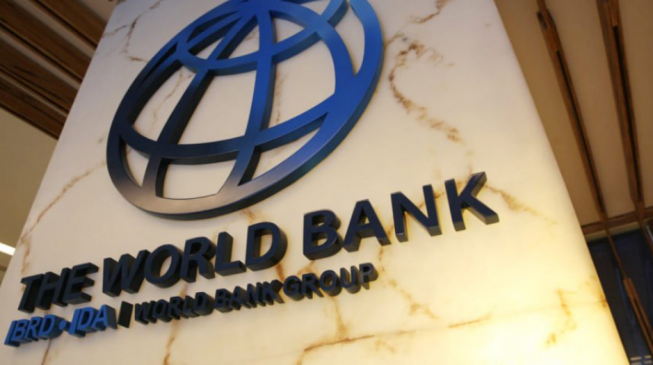The World Bank on Monday said governments around the world responded to the COVID-19 pandemic with massive fiscal, monetary, and financial stimulus packages.
While the measures were aimed at addressing the outbreak, cushioning the impact on the poor and putting nations on a path to recovery, the resulting debt burden of low-income countries rose to a record $860billion.
The institution said prior to the pandemic, many low- and middle-income countries were in a vulnerable position, with slowing economic growth, public and external debt at elevated levels.
The World Bank noted that external debt stocks of low- and middle-income countries combined rose 5.3% in 2020 to $8.7trillion.
The new International Debt Statistics 2022 report said an encompassing approach to managing debt is needed to help low- and middle-income countries assess and curtail risks and achieve sustainable debt levels.
World Bank Group President David Malpass called for a comprehensive approach to the debt problem, including debt reduction, swifter restructuring and improved transparency.
‘Sustainable debt levels are vital for economic recovery and poverty reduction’, Malpass stressed.
Low- and middle-income countries’ external debt-to-GNI ratio (excluding China) rose to 42% in 2020 from 37% in 2019 while their debt-to-export ratio increased to 154% in 2020 from 126% in 2019.
At the urging of the World Bank and the International Monetary Fund, the G20, in April 2020, launched the Debt Service Suspension Initiative (DSSI) to provide temporary liquidity support for low-income countries.
In 2020, net inflows from multilateral creditors to low- and middle-income countries rose to $117 billion, the highest level in a decade.
Net debt inflows of external public debt to low-income countries rose 25% to $71 billion, also the highest level in a decade.
Multilateral creditors, including the IMF, provided $42 billion in net inflows while bilateral creditors accounted for an additional $10 billion.
Carmen Reinhart, World Bank Senior Vice President and Chief Economist said economies across the globe face a daunting challenge posed by high and rapidly rising debt levels.
Reinhart urged policymakers to prepare for the possibility of debt distress when financial market conditions turn less benign, “particularly in emerging markets and developing economies”.
The World Bank Group has deployed over $157billion to fight the health, economic, and social impacts of the COVID-19 pandemic.
AFRICA TODAY NEWS, NEW YORK
